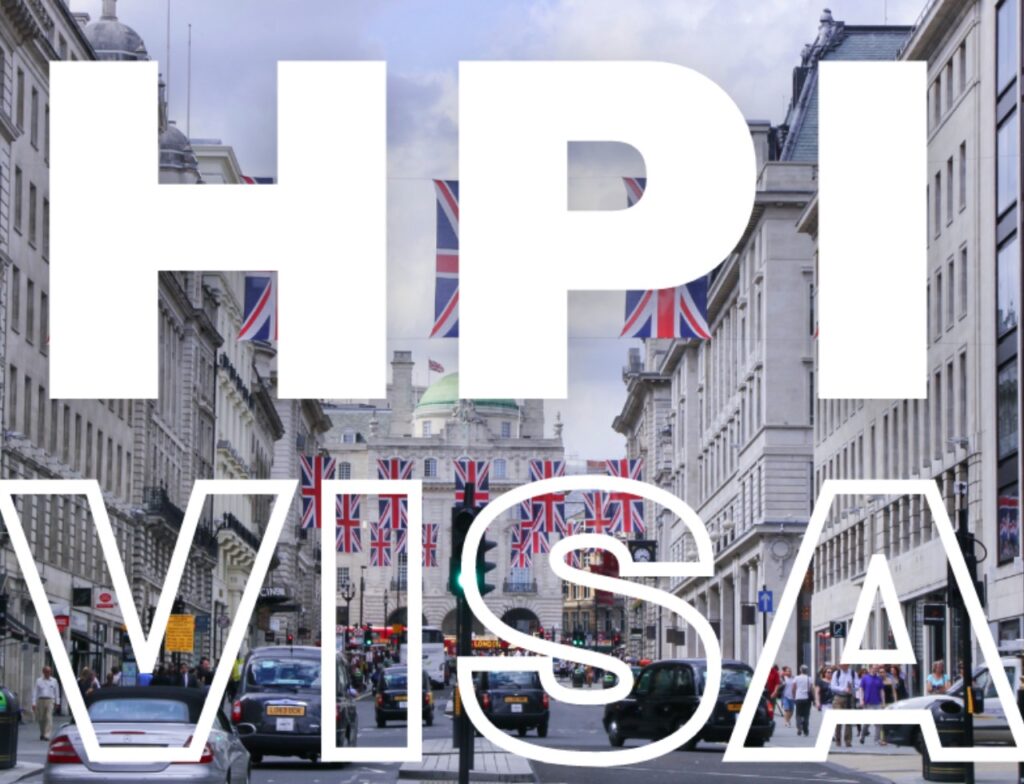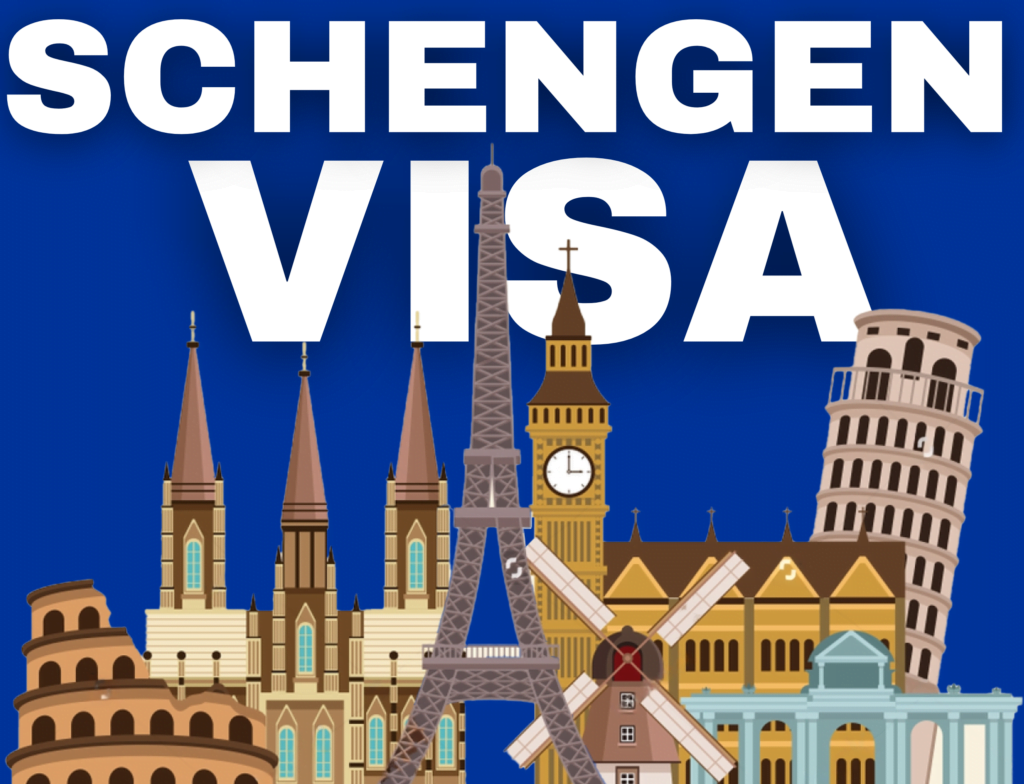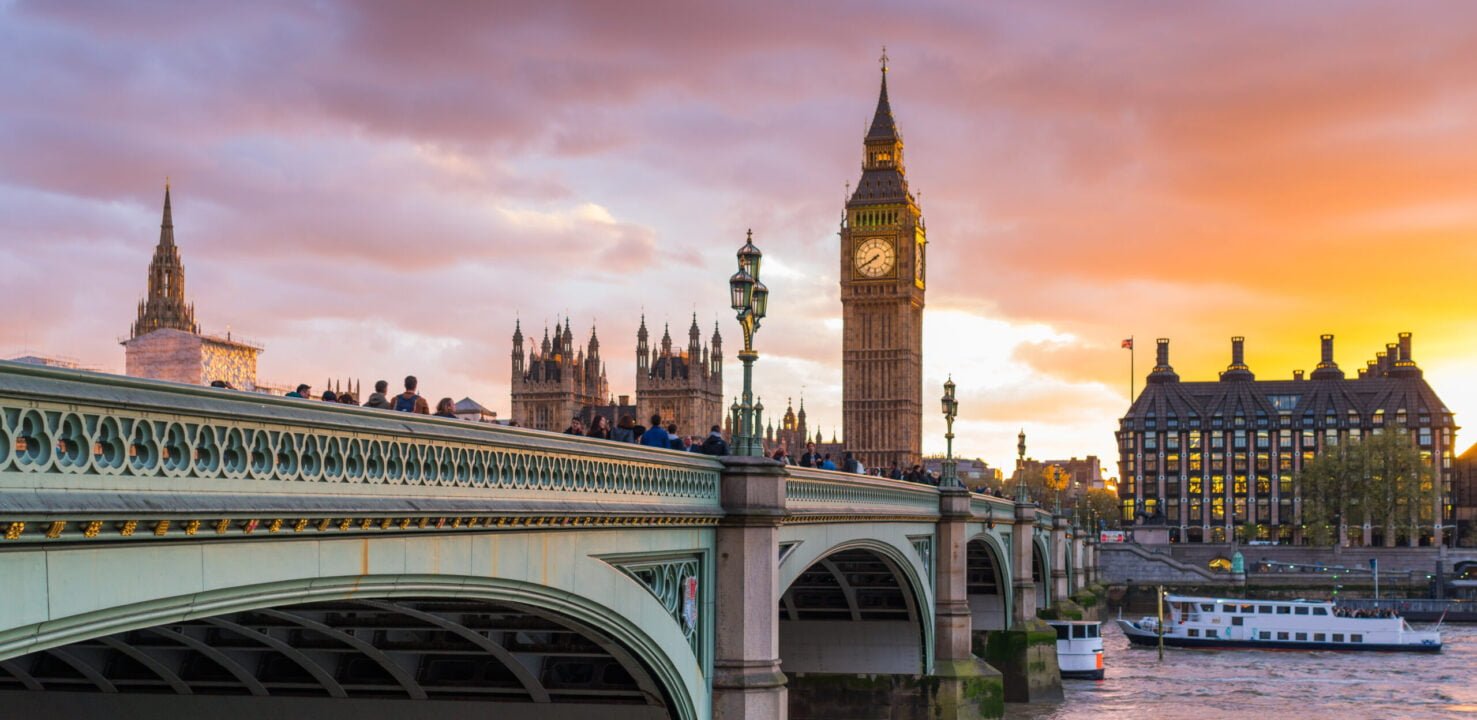The United States of America has always been that shining city on the hill that people from every nook and cranny of the world strive to get into for a better life. However, problems mar the current immigration system of the U.S., making it difficult for most people to have an opportunity for the American dream legally. While debate rages on immigration, the dire need for reform must also be dealt with, providing fair and effective legal pathways.
The Myth of the "Right Way" to Immigrate
We all know the story that was trotted out more than once during last week’s Republican National Convention: the southern border-crossing asylum seekers who do it the “wrong way” versus those who do it the “right way” through other legal avenues. In doing so, this tale of two different groups of immigrants feeds a false narrative that there is a clear, “right” way to immigrate into the United States.
For most who want to come to America, there just isn’t a clear or accessible “line” to get in. Instead, it is riddled with arbitrary caps, long bureaucratic delays, and archaic processes that bar many from legally immigrating. But if the U.S. is going to be serious about securing the border and stopping illegal immigration, then opening much more easily accessible legal avenues is the thing to do.
The Difficulties of Legal Immigration
The US immigration system in existence today is heavily biassed in favour of its citizens’ spouses, parents, and children and, to a much smaller extent, lawful permanent residents. Those not in the preceding categories can look only towards employment visas, which are capped at 140,000 per year—a number that includes family members of sponsored workers. That provides a major barrier to obtaining a visa for many other qualified workers, as their services are needed very much in the United States.
The other classes, particularly the visa lottery and refugee admissions, are just too meager. For example, almost 12 million people applied for only 55,000 diversity visas in 2021. The refugee admissions program allows 125,000 slots but cannot handle the large and growing global need for resettlement.
For those few who receive an offer to work in the United States, the wait times for visas can drag on for years or even decades. Even very highly educated immigrants are dealing with backlogs that stretch out to a hundred years, leaving them in limbo and hindering their potential contribution to the U.S. economy.
The Consequences of Unduly Restrictive Policies
Then there’s the green card application and visa processing backlog, made worse by a slew of restrictive policies left in place by the previous administration. During President Donald Trump’s tenure, visa denials broke records, with legal immigration coming to a halt for nearly every category. Those policies reverberate now, with millions of people left waiting for approval.
The Biden administration, on the other hand, has reopened the legal pathways, reduced the backlogs, and restarted the refugee resettlement efforts. However, broad reform is required to address the systemic issues negatively affecting the US immigration system.
Economic and Social Benefits of Reform
Reforming the US immigration system to create fair legal pathways would accrue vital economic and social benefits. As supported by research, increased immigration raises wages and generates new job opportunities for workers born in the country. Immigrants also spur entrepreneurship in the U.S., and one out of five entrepreneurs in the U.S. is foreign-born. They help fill critical workforce gaps with needs in health: an expected shortage of 450,000 nurses by 2025 and 120,000 doctors by 2034.
Expanding legal pathways would restore order at the border, for there are already examples of viable avenues of entry that reduce illegal immigration. Programs such as Uniting for Ukraine and humanitarian parole for Venezuelans, Cubans, Haitians, and Nicaraguans already prove this point through their legal entry optionality, cutting down on illegal crossings.
A Call to Comprehensive Reform
Any genuinely fair and effective immigration system would need to have expanded legal pathways and processes to make entry easier for those seeking to contribute to society. This will create new programs in cooperation with state governments to meet local labour needs and examine all possible ways of modernising the current process.
America is a country driven and built upon the rule of law, and a just, functional, and generous legal immigration system is absolutely consistent with that ideal. Comprehensive immigration reform is not only politically necessary but also a moral imperative that reflects fairness, opportunity, and justice.
Conclusion
The U.S. immigration system is in need of reform. It is only through the establishment of fair and effective legal pathways that the country can continue to be open to new people in pursuit of a better life while, at the same time, enriching itself economically and socially from the numerous contributions brought in by immigrants. It is high time we built an immigration system truly reflective of this nation’s values.





